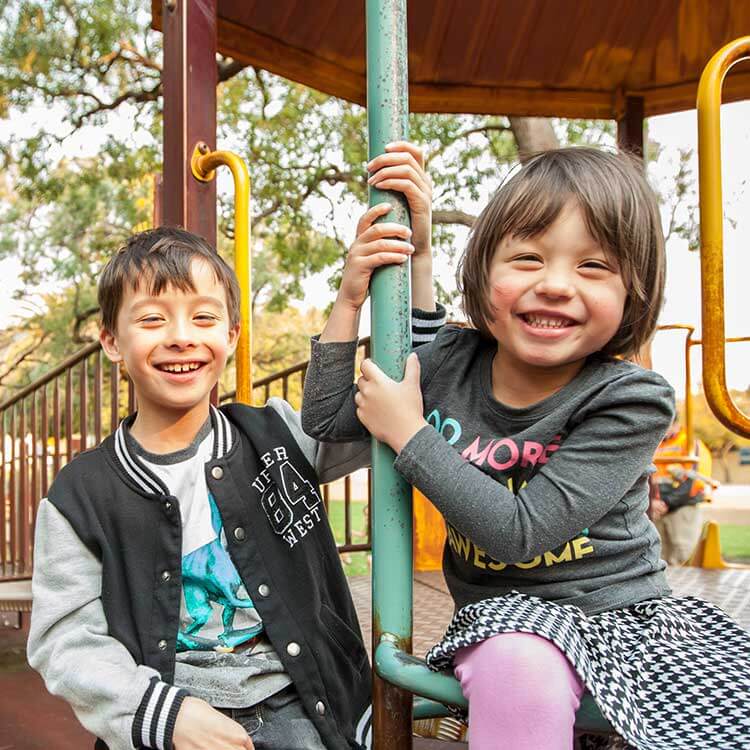Search
Showing results for "clinical trials"

Research
Paediatric Active Enhanced Diseases Surveillance (PAEDS)PAEDS monitors for key vaccine preventable conditions and severe side effects from vaccine in 5 paediatric hospitals in Australia.
Research
Mucormycosis in Children: Review and Recommendations for Managementwe summarize the literature on the epidemiology and diagnosis of this invasive fungal infection and provide suggestions on the management of mucormycosis in children
Research
Challenges and considerations for antifungal prophylaxis in children with acute myeloid leukemiaChildren receiving treatment for acute myeloid leukemia (AML) are at high risk of invasive fungal disease (IFD). Evidence from pediatric studies support the efficacy of antifungal prophylaxis in reducing the burden of IFD in children receiving therapy for AML, yet existing antifungal agents have specific limitations and comparative data to inform the optimal prophylactic approach are lacking.
Research
Targeting the bone marrow microenvironment: a novel therapeutic strategy for pre-B acute lymphoblastic leukemiaOur findings shed light on the mechanisms of leukemia-induced bone loss
Research
Updates in infant acute lymphoblastic leukemia and the potential for targeted therapyOutcomes for infants diagnosed under 1 year of age with KMT2A-rearranged acute lymphoblastic leukemia (ALL) have remained stagnant over the past 20 years. Successive treatment protocols have previously focused on intensification of conventional chemotherapy, but increased treatment-related toxicity and chemoresistance have led to a plateau in survival.
Research
Successful treatment of a child with acute monoblastic leukaemia who relapsed with T-cell acute lymphoblastic leukaemia: A rare lineage switchRishi S. Kotecha MB ChB (Hons) MRCPCH FRACP PhD Co-Head, Leukaemia Translational Research rishi.kotecha@health.wa.gov.au Co-Head, Leukaemia
Research
Pharmacokinetics of PEGasparaginase in Infants with Acute Lymphoblastic LeukemiaPEGasparaginase is known to be a critical drug for treating pediatric acute lymphoblastic leukemia (ALL), however, there is insufficient evidence to determine the optimal dose for infants who are less than one year of age at diagnosis. This international study was conducted to identify the pharmacokinetics of PEGasparaginase in infants with newly diagnosed ALL and gather insight into the clearance and dosing of this population.
Research
AusVaxSafetyChristopher Peter Peter Tom Blyth Jacoby Richmond Snelling MBBS (Hons) DCH FRACP FRCPA PhD BA (Hons) MSc MBBS MRCP(UK) FRACP BMBS DTMH GDipClinEpid
Research
A Phase I Study of the CDK4/6 Inhibitor Ribociclib (LEE011) in Pediatric Patients with Malignant Rhabdoid Tumors, Neuroblastoma, and Other Solid TumorsIn this. i study the MTD and RP2D, safety, PK, and preliminary activity of single-agent ribociclib were investigated in patients with neuroblastoma.
Research
Early disease surveillance in young children with cystic fibrosis: A qualitative analysis of parent experiencesSensitive measures of early lung disease are being integrated into therapeutic trials and clinical practice in cystic fibrosis (CF). The impact of early disease surveillance (EDS) using these novel and often intensive techniques on young children and their families is not well researched.
